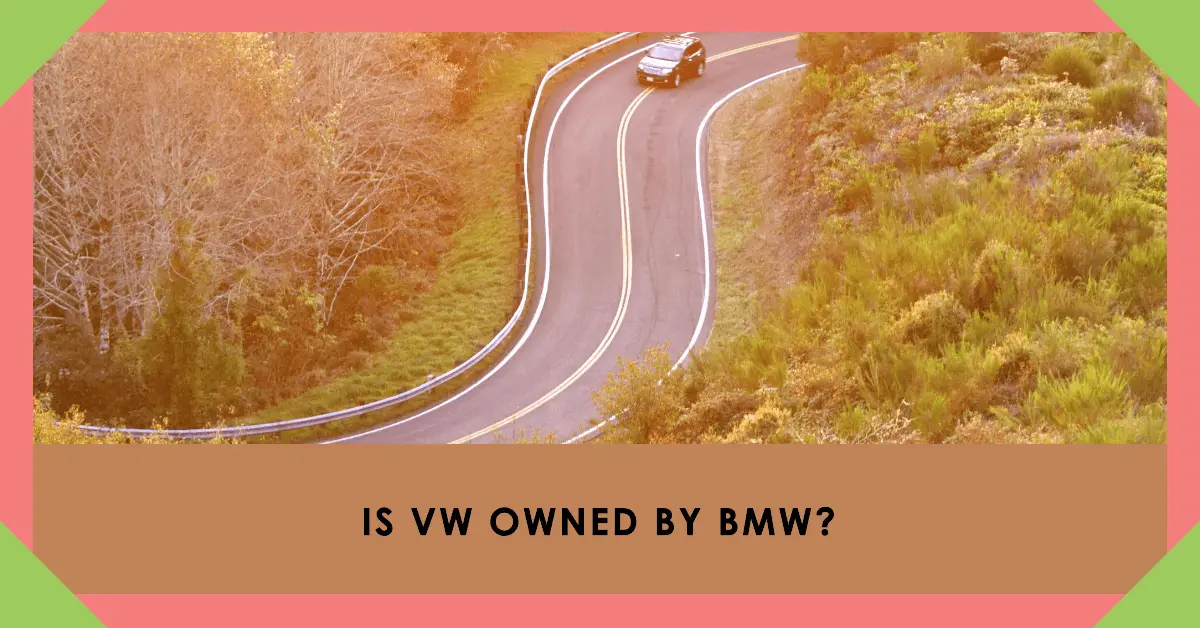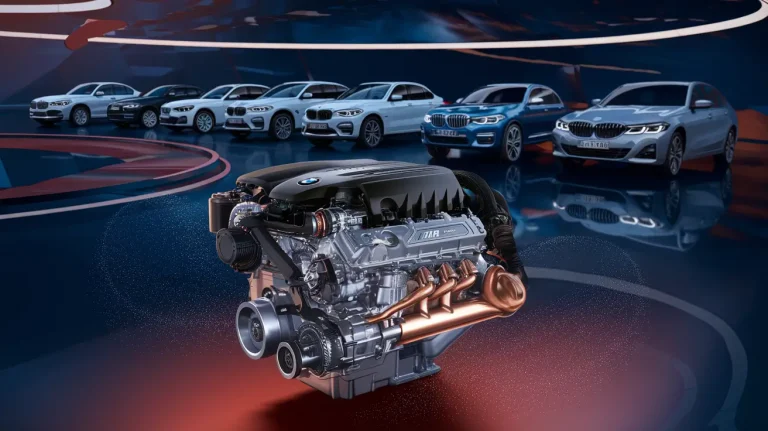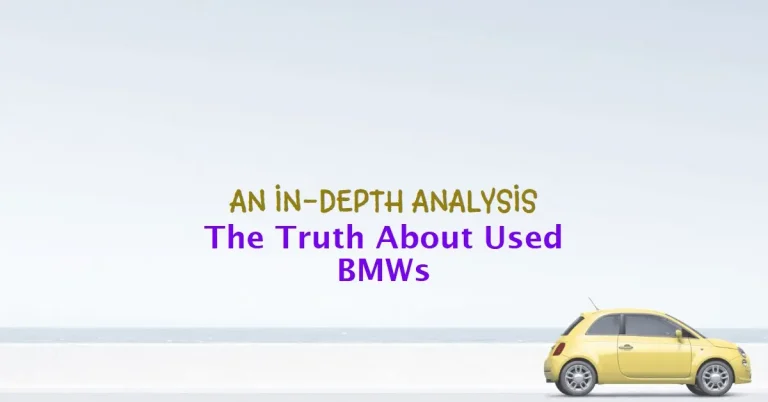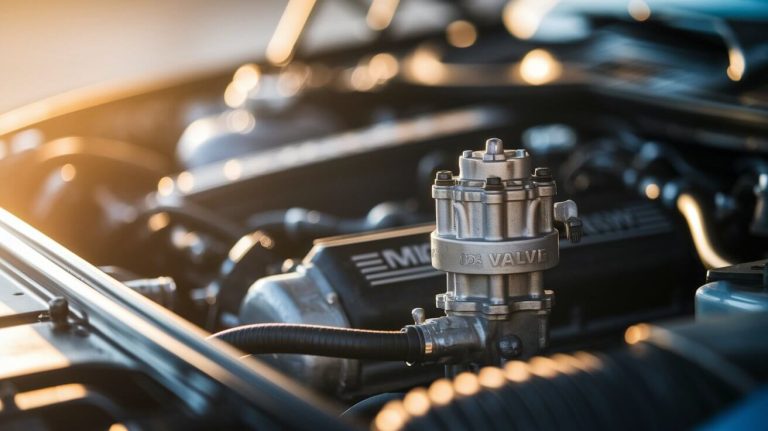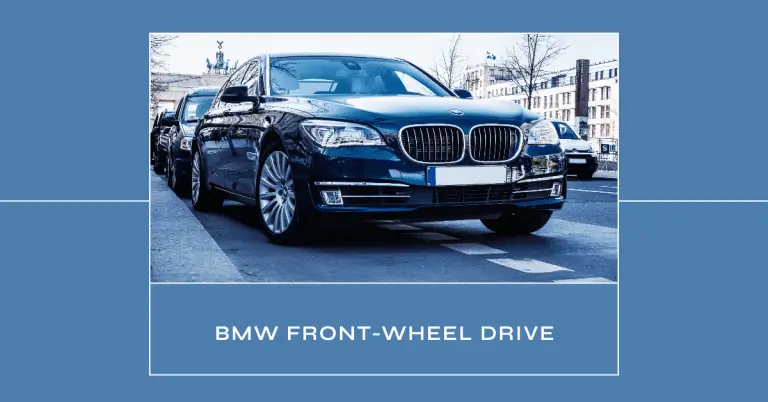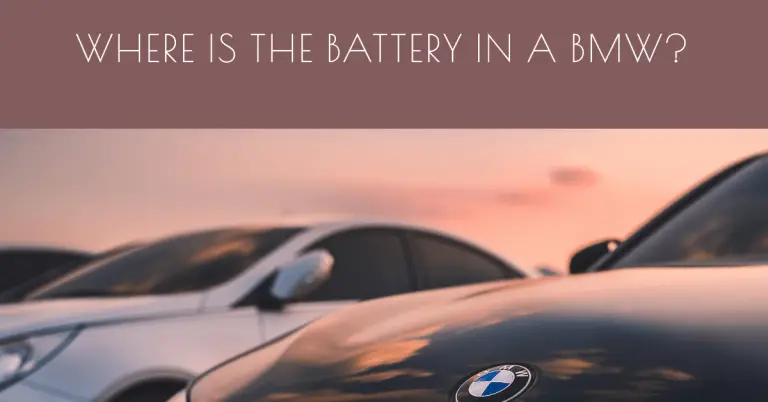Is VW Owned by BMW? Understanding Car Brand Ownership
The automotive industry has undergone massive changes in the past decade. Mergers, acquisitions, partnerships, and separations have led to an increasingly complex web of brand ownership. For the average consumer trying to make sense of it all, assumptions and misconceptions often arise regarding who owns which car brand. A common query is – is VW owned by BMW?
To clarify, Volkswagen Group is not owned by BMW. In fact, both Volkswagen and BMW are independent German automotive giants with their own distinct brand portfolios. Getting a grasp of the ever-changing automotive industry landscape is key to understanding the positioning of these car brands.
The Automotive Industry’s Complex Family Tree
The automotive sector has seen tremendous reshuffling of brand ownership over the years. Companies merge together into auto alliances or split apart into more focused business units. Brands frequently exchange hands in high-profile acquisition deals. Partnerships are forged and dissolved between manufacturers and suppliers.
All this activity leads to an intricate web of brand connections that can confuse even knowledgeable gearheads. Consumers trying to make a car purchase decision are often unaware of exactly who owns which brands. After all, it takes some research to realize that Dodge and Chrysler are both owned by Stellantis, while Jeep is owned by the Volkswagen Group.
The key is to look beyond surface appearances and study the fine print. The ever-changing automotive industry landscape means brand ownership is a complex puzzle rather than a straightforward list.
Who Owns VW: Clearing the Confusion
There is a common misconception that luxury brand BMW owns Volkswagen, the iconic German mass-market brand. However, this is far from the truth.
Volkswagen Group is an independent family-controlled automotive company, founded in 1937 and headquartered in Wolfsburg, Germany. It has grown into one of the largest players in the global automotive market through its portfolio of passenger car and commercial vehicle brands.
The twelve brands under the Volkswagen Group umbrella include household names like Volkswagen, Audi, Porsche, Bentley, Bugatti, Lamborghini, and Ducati. With over 600,000 employees worldwide and vehicle sales crossing 10 million per year, Volkswagen Group has secured its position as an automotive powerhouse.
Its innovative vehicle technologies, focus on high-performance luxury brands, as well as continued investment in electric vehicles and sustainability has shaped Volkswagen into a dominant force in the industry. Understanding Volkswagen’s standing as an independent automotive giant, outside the BMW umbrella, is key to decoding the complex web of brand ownership.
The BMW Group: A Distinct Powerhouse
While Volkswagen Group has its own distinct identity, the BMW Group is an equally powerful German player when it comes to premium vehicles.
The BMW Group encompasses the BMW brand, Mini brand, and Rolls-Royce brand. It represents a completely independent family of brands, focused on luxury vehicles, performance, and innovative technology.
With headquarters in Munich, BMW Group has expanded globally with 30 production and assembly facilities across 15 countries. BMW, Mini and Rolls-Royce are the three pillars of the company’s brand portfolio, each targeted to distinct premium segments.
BMW Group’s distinct identity in the automotive market is defined by its focus on driving performance, dynamics and cutting-edge innovation. This is exemplified through flagship brands like the BMW 7 Series luxury sedan and Rolls-Royce Phantom ultra-luxury car.
Understanding Volkswagen Group’s Portfolio
Now that BMW’s independence from Volkswagen is clear, it is worth taking a deeper look at the iconic brands that make up Volkswagen Group:
| Brand | Market Segment | Notes |
| Volkswagen | Mass market | Flagship brand & high volume seller |
| Audi | Premium/Luxury | Known for innovation & performance |
| Porsche | High-end sports cars | Legendary brand with racing pedigree |
| Bentley | Ultra-luxury | British brand since acquisition in 1998 |
| Lamborghini | Supercars | Acquired in 1998, focused on exclusivity |
| Bugatti | Hypercars | Legendarily expensive, speed focused |
| Ducati | Motorcycles | Italian brand, known for racing bikes |
This diverse mix of brands caters to a wide spectrum – from affordable, mass-market vehicles like the Volkswagen Golf to super exclusive hypercars like the Bugatti Chiron.
Volkswagen’s strategy focuses on accessing various segments of the market through its brand portfolio, while leveraging innovation, performance and sustainability across its offerings. The resultant economies of scale and shared technology gives it an edge.
BMW Group’s Brand Family
Similar to Volkswagen, the key to BMW’s success lies in its strategic brand mix:
| Brand | Market Segment | Notes |
| BMW | Premium vehicles | Core focus on driving performance |
| Mini | Small/compact cars | Retro styled, urban appeal |
| Rolls-Royce | Ultra-luxury | Pinnacle of luxury and exclusivity |
Whereas Volkswagen Group targets every market from mainstream to super luxury, BMW Group focuses exclusively on the premium and luxury segments. This gives BMW an edge in brand positioning, allowing the company to concentrate resources on performance, innovation and craftsmanship.
Flagships like the BMW 7 Series and Rolls-Royce Phantom showcase the group’s capabilities at the highest end of design, luxury and cutting-edge technology. The iconic Mini brings a retro, youthful flavour to the portfolio as an urban runabout.
The Importance of Brand Ownership in the Automotive Industry
Understanding the web of brand ownership has implications for consumers, manufacturers, and the industry at large:
Consumer perception – Who owns a brand affects prestige and positioning. Volkswagen owners may aspire to graduate to an Audi or Porsche, given the shared parent company. But BMW and Mercedes owners are unlikely to switch between the German rivals.
Innovation – Brand ownership allows shared resources and technology innovation across a group’s portfolio – like Volkswagen’s MEB platform – but can reduce distinction between brands. Independence maintains uniqueness but requires separate R&D budgets.
Market competition – Consolidation of brands under major auto groups limits competition. But diversity of brands allows groups to compete on multiple fronts – Volkswagen’s portfolio competes with nearly every major player in some segment.
Volkswagen Group leverages shared assets across its brands while keeping brand identities separate. This allows technology innovations in Audi or Porsche to eventually filter down to mass-market Volkswagen vehicles.
BMW maintains a sharp distinction between its core BMW brand, luxury Rolls-Royce marque and urban Mini range. This heightens the exclusivity factor but also protects the uniqueness of each brand.
Conclusion
In summary, despite common misconceptions, VW is not owned by BMW. Both companies are independent German automotive giants with distinct brand portfolios catering to different segments.
With the ever-changing landscape of mergers, acquisitions and partnerships, it takes an informed perspective to decode automotive brand ownership. For car buyers, it is useful to look beyond assumptions and understand the strategic considerations behind brand positioning.
The dominance of major auto groups like Volkswagen and alliances like Renault-Nissan-Mitsubishi has made the industry an interconnected web. Learning the finer points of who owns which brand provides key insights into the forces shaping the cars of tomorrow.
FAQs
Is VW owned by BMW?
No. Volkswagen Group and BMW Group are completely independent entities, both headquartered in Germany with their own brand portfolios.
What brands does Volkswagen Group own?
Volkswagen Group owns Volkswagen, Audi, Porsche, Bentley, Bugatti, Lamborghini, Ducati, and other brands covering mainstream to luxury segments.
How does brand ownership affect car technology and innovation?
Brand ownership allows larger groups like VW to share innovations across brands. It can also reduce distinction between brands. Independence maintains uniqueness.
Can brand ownership change in the automotive industry?
Yes, brand ownership evolves constantly in the auto industry through mergers, acquisitions, spin-offs, and partnerships. Consolidation continues to reshape the competitive landscape.

